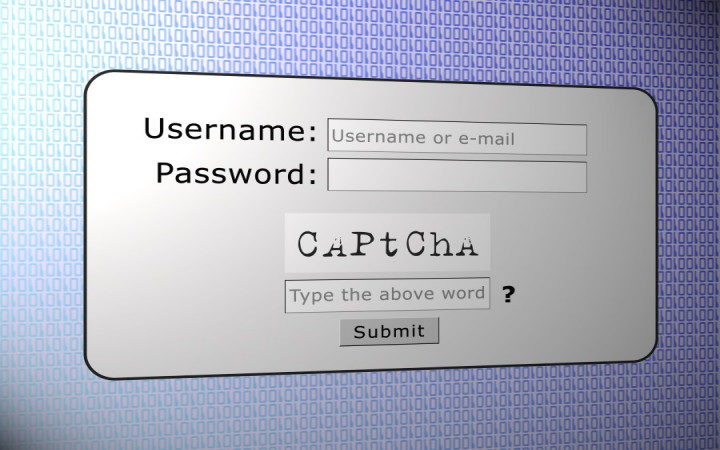Do you love the Internet? Who doesn't, right? Where else can you find so much information right at your fingertips? From funny cat pictures and sports scores to Wonders of the Day and recipes for scrumptious snacks, most of us head to the Internet daily for both information and entertainment.
If you've spent much time online, you've probably tried to register for a website only to be presented with a picture of some wavy and distorted text and numbers. To complete your registration, the website indicates that you must enter the text and numbers successfully in order to prove that you're human.
What in the world is going on here? Of course, you're human! Does the website think you're a robot surfing the Internet? Actually, that's not far off the mark, believe it or not!
Those wavy and distorted text and numbers you encountered are known together as a CAPTCHA. CAPTCHA is an acronym that stands for "Completely Automated Public Turing test to tell Computers and Humans Apart."
While it might seem like people are the only Internet users, the truth is that there are many machines that use the Internet, too. Think about it. Where do you often begin a search for information on the Internet? If you use a search engine, like Google, you're not alone!
When you type a search into a search engine, do you think a person looks up information and sends those results to your screen? Nope! It's a combination of software and hardware that searches the far reaches of the Internet to let you know what's out there that might fit your inquiry.
Unfortunately, helpful search engines aren't the only automated machines that use the Internet. Since the beginning of the Internet, people have always created automated software applications (collectively known as "bots") to try to take advantage of websites.
For example, some bots might try to scan websites to steal email addresses or passwords. Other bots might try to submit fake registrations or fraudulent sweepstakes entries. And that's just the tip of the iceberg. There's no end to the different types of malicious actions that bots can be programmed to do to wreak havoc on websites.
To battle bots, the first CAPTCHA was invented in 1997 by Mark D. Lillibridge, Martin Abadi, Krishna Bharat, and Andrei Z. Broder. The idea behind a CAPTCHA is to require a task that only real human beings can complete. For example, a typical CAPTCHA image cannot be seen, interpreted, and retyped into a form by a typical bot.
Today, CAPTCHAs can be found on over 3.5 million websites around the world. Each and every day, human beings successfully solve CAPTCHAs more than 300 million times. Unfortunately, bots and their creators have developed new technologies, including optical character recognition (OCR), that allow bots to solve CAPTCHAs occasionally. As these new technologies evolve, CAPTCHA creators must become more and more ingenious in their strategies to battle the bots!




